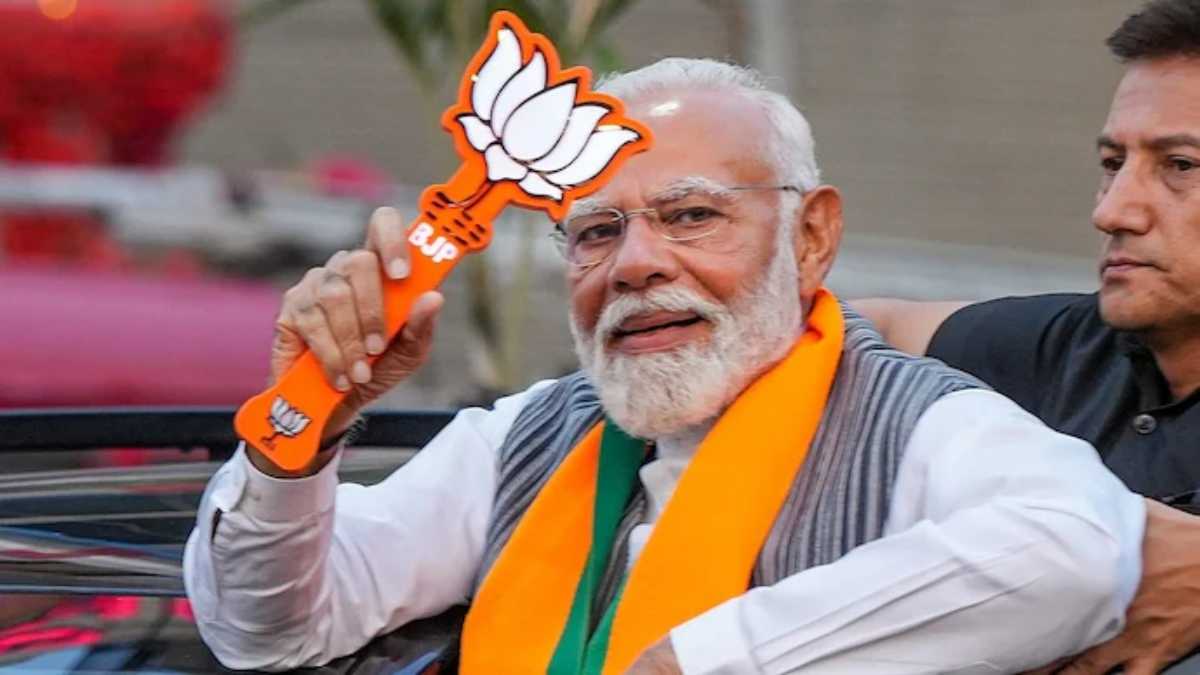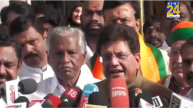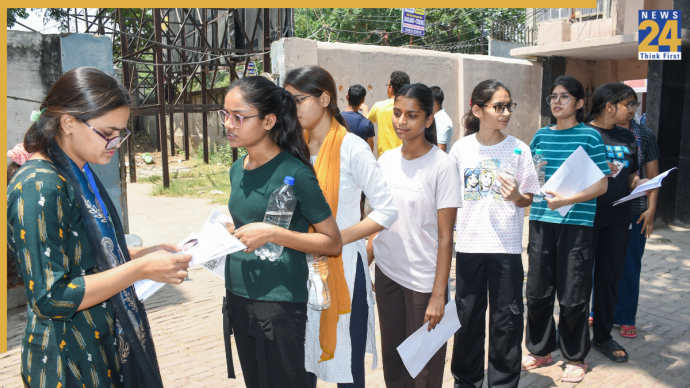Narendra Modi will soon take oath for his third term as prime minister, but the situation is different now. Major regional parties like the TDP and JD(U) will support him, and some think they might demand concessions that could slow down his economic plans. However, others believe that his economic policies will continue as usual, with only major reforms being delayed. Fitch Ratings recently gave a ‘positive’ outlook on India’s economic growth in the medium term.
The full Union Budget for 2024-25 is coming in about a month and will show the new direction of Modi’s third term. Many economists expect it to focus more on welfare and support schemes.
Moody’s Analytics said the Budget will highlight the new coalition government’s priorities and shape the growth path for the next five years.
“Every government focuses on welfare schemes, but bigger coalitions focus on them even more,” said NR Bhanumurthy, economist and vice-chancellor of BR Ambedkar School of Economics University, Bengaluru. He warned that this isn’t always good for the economy. Bhanumurthy said that freebies like free electricity and loan waivers shouldn’t be the main focus, as they could hurt economic growth.
Bhanumurthy said the new government will probably focus on rural areas. Experts have pointed out that high inflation and a poor monsoon last year have caused problems for farmers and lowered agricultural incomes.
A Bernstein report predicts more focus on direct social schemes to address voter concerns, especially in rural areas where the BJP lost many seats. However, Fitch Ratings thinks these losses won’t cause major policy changes. Instead, the July budget will likely outline the government’s economic reform plans and fiscal goals for the next five years.
Also Read: Pakistan Holds Back Congratulations For PM Modi’s Electoral Victory, Calls It Premature













